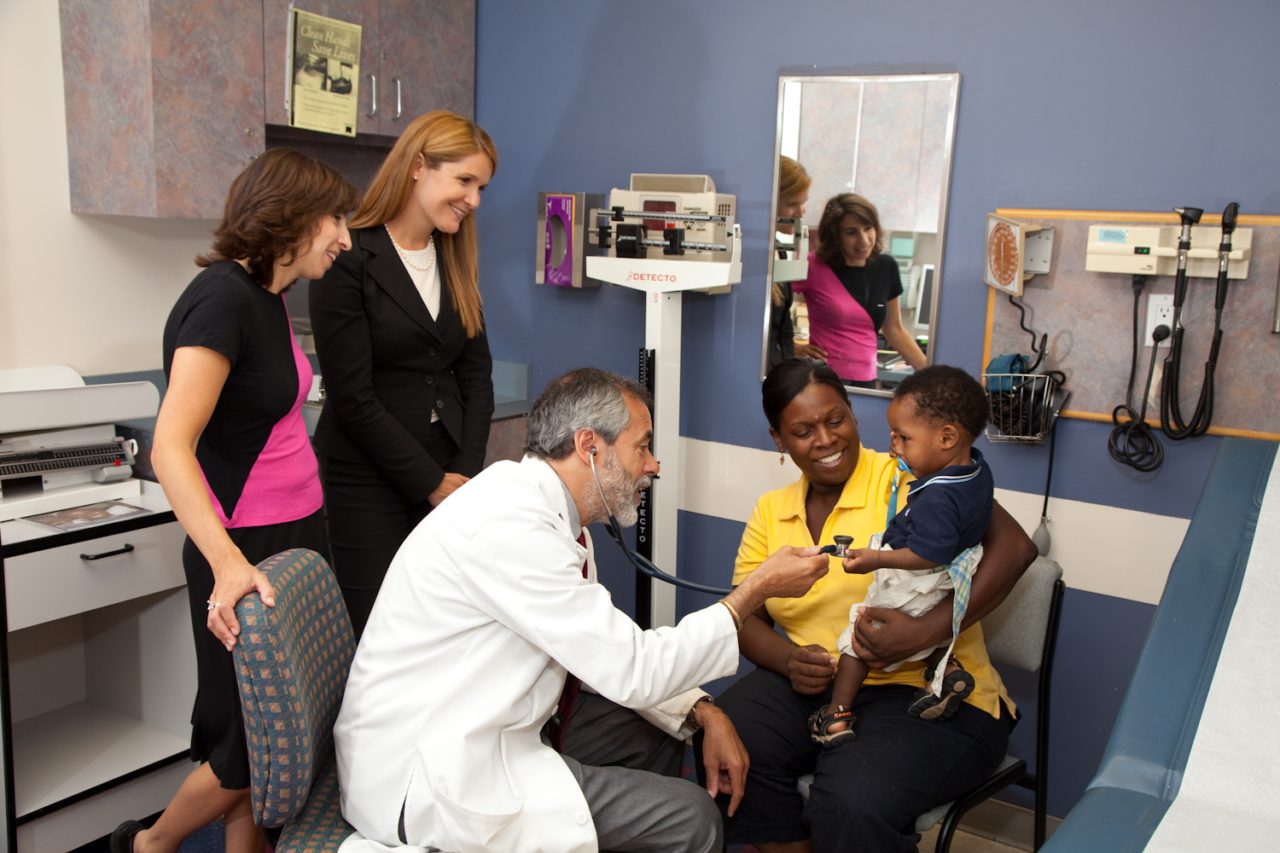Washington, D.C., August 25, 2022 – Following new guidance to state Medicaid agencies from the Center for Medicaid and CHIP Services (CMCS) regarding children’s behavioral health services, leading early childhood development nonprofit ZERO TO THREE hailed the announcement as an important step for expanded behavioral health services nationwide. The organization, which has long been a leading voice on the critical importance of mental health supports for babies, very young children and their caregivers as it works with parents, policymakers and professionals, noted the significance of this announcement and the potential to increase access to preventive and treatment services at the state level.
“This is nothing short of a game-changing announcement that will set up our children, our families and our mental health and pediatric providers for further success in the years to come, particularly as availability of services for babies and their caregivers has only increased in importance since the start of the pandemic,” stated Matthew Melmed, executive director at ZERO TO THREE. “We and our partners have long called for states to act in the manner clarified in this guidance to expand access to behavioral health services that make a real difference in the lives of infants and toddlers. It is deeply heartening to see CMCS emphasize the importance of providing these critical services to our youngest children and their families, and we look forward to doing our part to help states embrace these guidelines.”
The new guidance from CMCS specifically outlines the importance of utilizing age-appropriate diagnostic criteria for young children, such as ZERO TO THREE’s Diagnostic Classification of Mental Health and Developmental Disorders of Infancy and Early Childhood, or DC:0-5. Age-appropriate diagnostic criteria help practitioners more accurately identify diagnoses in young children who do not have language skills or exhibit the same symptoms as older children and adults. Accurate diagnosis can help improve access to the right type and intensity of care which can reduce behavioral problems and difficulties in school and family life. And a rising number of states, including Illinois, Minnesota, Washington and Colorado train behavioral health providers in the DC:0-5 and either require or encourage utilization of DC:0-5 in early childhood mental health services.
ZERO TO THREE’s State of Babies Yearbook: 2022 demonstrates the importance of these updated guidelines, particularly after so many behavioral needs were exacerbated by the COVID-19 pandemic. In order to mitigate the pandemic’s impacts, the report recommends “Consistently applying the science of infant and early childhood mental health (IECMH) with the widespread use of developmentally appropriate tools,” and “promoting the use of developmentally appropriate assessment instruments and [DC:0-5] to assess and diagnose mental health disorders in young children.”
The guidance encourages states to adopt numerous strategies to improve integration of behavioral health in primary care, a central approach in ZERO TO THREE’s innovative evidence-based pediatric program, HealthySteps. The program works to embed early childhood development experts (HealthySteps Specialists) in pediatric and family medicine primary care practices to help identify whether children are reaching developmental milestones, connect families to additional services and answer families’ questions about child development and well-being so all babies and toddlers have a strong start in life. The program, which has proven to have success in improving the lives of babies, toddlers and their families, has set an example for the pediatric field in how to effectively achieve the goals of the EPSDT benefit and provide behavioral health prevention and promotion services to young children.
Other highlights from the CMCS guidance include encouraging states to:
- Avoid requiring a behavioral health diagnosis for the provision of Early and Periodic Screening, Diagnostic and Treatment (EPSDT) services. States can determine that some services are medically necessary for children and youth without a diagnosed behavioral health condition.
- Reimburse pediatricians and other primary care practitioners for behavioral health services, even in advance of a formal behavioral health diagnosis.
- Increase access to behavioral health screenings by incorporating age-appropriate, evidence-based behavioral health and developmental screenings into well-child examinations – a step that has proven critical to the work done by programs such as HealthySteps – as well as increasing access to screenings and treatments through schools and covering behavioral health screenings in primary care settings.
- Provide broad flexibility to utilize a provider network with a range of different qualifications that can best meet the disparate needs of children and youth.
- Increase integration of behavioral health and primary care to help ensure that individuals with a behavioral health condition are identified earlier and connected with appropriate treatment sooner.
The full guidance from CMCS can be found here.




